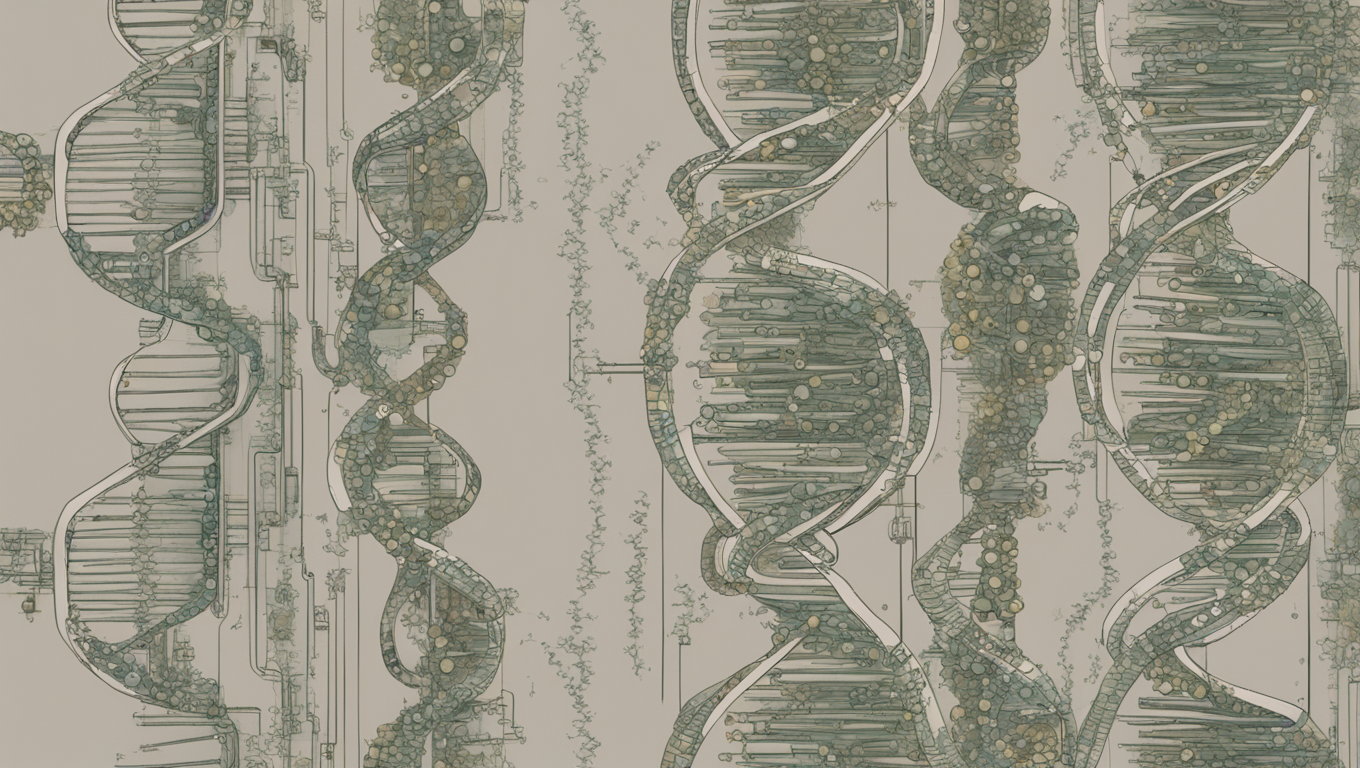Researchers have made a groundbreaking discovery in the field of prostate cancer, thanks to the use of artificial intelligence (AI). In a study funded by Cancer Research UK, scientists have identified two subtypes of prostate cancer, a finding that holds tremendous potential for transforming how the disease is diagnosed and treated.
Prostate cancer affects approximately one in eight men during their lifetime, making it the most common cancer among men in the UK. However, until now, it was believed to be a single type of disease. The identification of two distinct subtypes through the use of AI represents a significant advancement in our understanding of prostate cancer.
The research involved the analysis of DNA data using AI algorithms, allowing the scientists to identify the subtypes. This breakthrough opens the door to the development of personalized treatments for each individual patient based on their specific genetic profile. By combining genetic testing with AI algorithms, doctors will be able to offer more accurate prognoses and make tailored treatment decisions.
Dr Rupal Mistry, the senior science engagement manager at Cancer Research UK, expressed excitement about the potential impact of this discovery. She stated, “The more we understand about cancer, the better chance we have of developing treatments to beat it. We are proud to have helped fund this cutting-edge work, which has laid the foundations for personalized treatments for people with prostate cancer, allowing more people to beat their disease.”
The study, a collaboration among scientists from the University of Oxford, the University of Manchester, the University of East Anglia (UEA), and the Institute of Cancer Research in London, highlights not only the scientific implications of the research but also the emotional and mental impact a prostate cancer diagnosis can have on individuals.
The research was part of an international consortium known as The Pan Prostate Cancer Group, which aims to accelerate progress in understanding and treating the disease. Dr Naomi Elster, director of research at Prostate Cancer Research, noted that the results could pave the way for a “divide and conquer” approach to prostate cancer, similar to the successful strategies used in other cancers like breast cancer.
By utilizing AI and analyzing DNA changes in samples from 159 patients, the researchers were able to identify the two distinct subtypes. Professor Colin Cooper from UEA’s Norwich Medical School emphasized the importance of this discovery, stating, “We hope that the findings will not only save lives through better diagnosis and tailored treatments in the future, but they may help researchers working in other cancer fields better understand other types of cancer too.”
This breakthrough in prostate cancer research marks an exciting development in the field, with the potential to revolutionize how the disease is diagnosed and treated. With personalized treatments on the horizon, patients can look forward to improved outcomes and an increased chance of overcoming this prevalent form of cancer. By leveraging the power of AI, scientists continue to push the boundaries of medical research, bringing us closer to a future where diseases like prostate cancer are not only understood but conquered.





Use the share button below if you liked it.